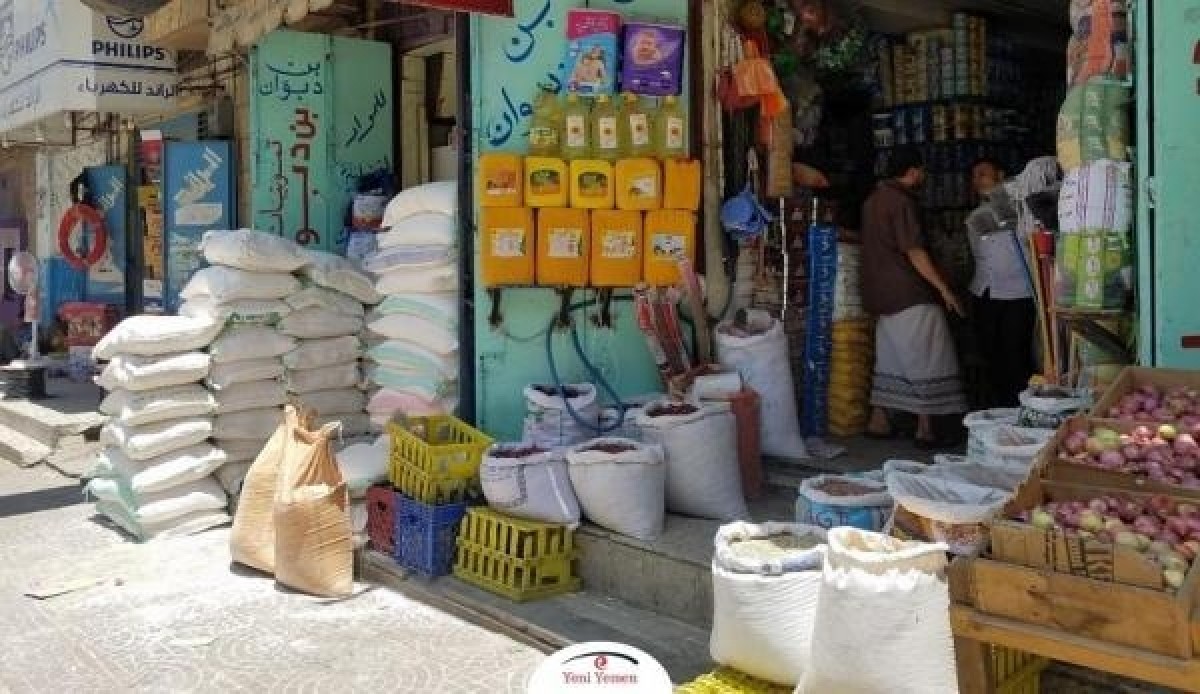Yemen: UN expectations for high food prices in the coming months


A recent international report expected that food prices in Yemen will rise in the coming months, constantly driven by the collapse of the currency, the implications of the Houthi group classification as a "terrorist organization", and the ban on importing wheat flour through the western ports of the country.
The United Nations Food and Agriculture Organization (FAO) said in the market and analytical trade bulletin: “It is expected that the prices of basic food, livestock and employment are expected to rise in the coming months throughout Yemen, which affects the ability of families to afford and reach food costs.” p>
The bulletin added that the main reasons for the expected increase in prices are due to the continued collapse of the currency and the high fuel prices in the internationally recognized government areas (IRG), the prohibition of importing wheat flour in areas controlled by the Houthi group (SBA), and the repercussions of the group classification as "a terrorist organization In addition to seasonal events and increasing demand in Ramadan.
Al -FAO confirmed that food security in Yemen is still threatened by multiple factors, "and it is expected that up to 17.1 million people, equivalent to about 50% of the population, will suffer from food insecurity during February. Currently.
The bulletin indicated that the difference in exchange rates led to a noticeable variation in food prices between the regions of government influence and the Houthi control, as it “appears twice higher in the government regions than its counterpart in the Houthi regions, but when transferring to the US dollar appears almost equal, Sometimes it is slightly higher in the group's areas. ”
The UN Agency pointed out that the Houthi decision to ban the import of wheat flour through the Hodeidah ports and the subject subject to them, which was implemented before the month of Ramadan (the peak season season), “threatens its high prices, and gives way to the activity of the parallel market (black), and the exacerbation of the humanitarian crisis , Especially in light of the cessation of food relief aid. ”